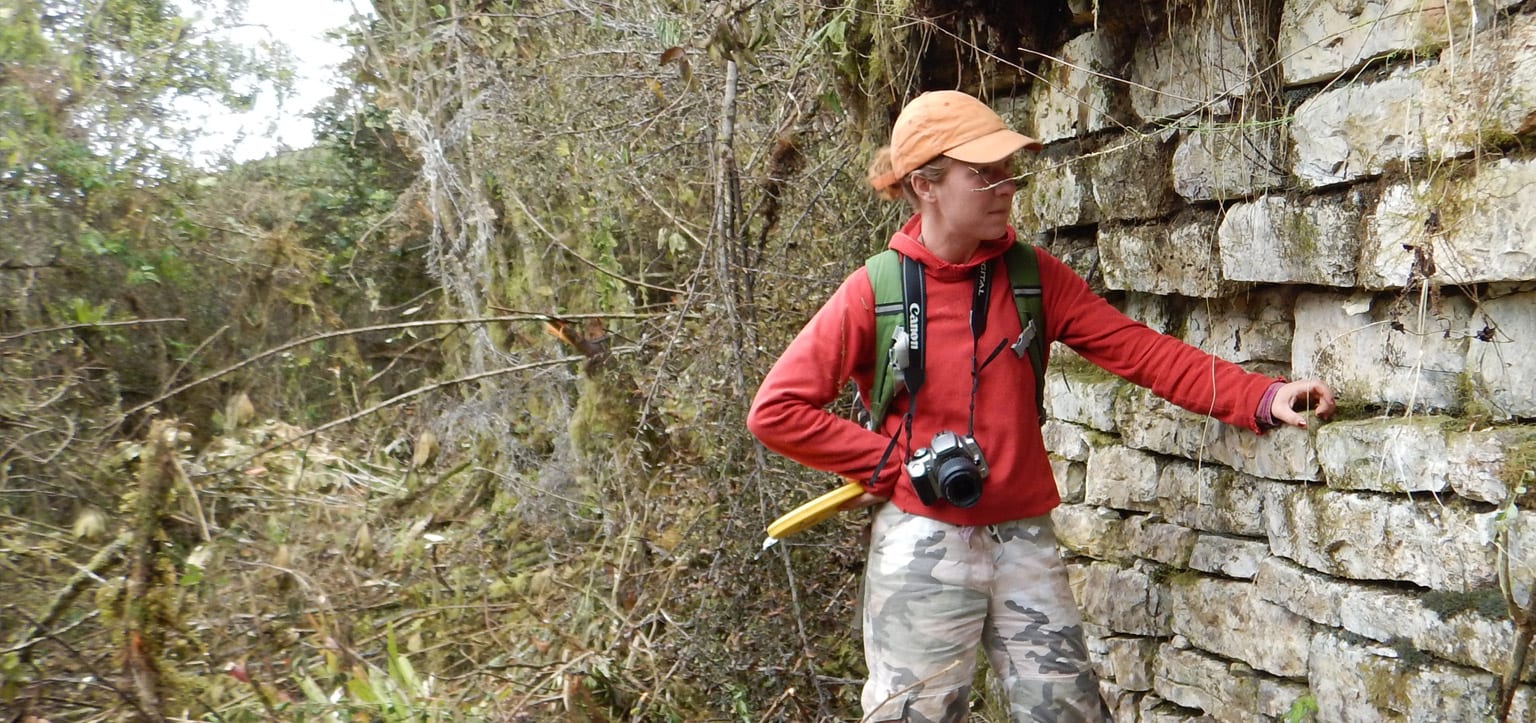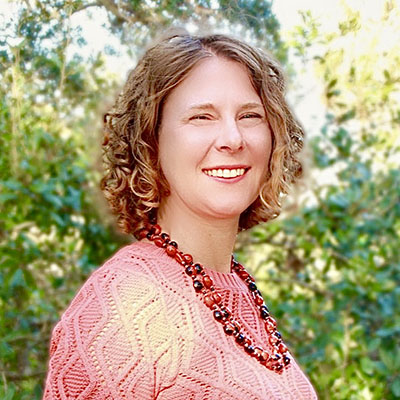
The Peruvian setting of Assistant Professor of Anthropology Anna Guengerich’s research looks a lot like the ancient ruins in the opening scene of Raiders of the Lost Ark, but the information hidden in the soil could be the key to a more sustainable future.
For the next five years, Guengerich will use a $167,070 grant from the National Science Foundation to study “Changing Land Use of Neotropical Montane Forests” with an international cohort of archaeologists and scientists.
“From an archaeological perspective, what we’re trying to analyze is the human relationship to the environment and how that changed during and after the Incan Empire,” said Guengerich, who joined Eckerd College’s faculty this fall.
Learning how Incans designated land for use and how they maintained their agriculture through aerial survey and analysis of preserved plant materials, among other methods, can help scientists determine if their methods were more sustainable than current agricultural practices. Researchers are planning to excavate plant materials from fields and ancient homes, she explained. Small particles from plants dating back thousands of years can be preserved in soil if they were first cooked, Guengerich added.

The project, slated to be completed by 2025, requires Guengerich to eventually return to Peru to collect samples from Montane Forest sites—areas of extreme biodiversity because the altitude and rainfall totals create many microclimates. She said she plans to take students along to give them experience in field archaeology and data gathering.
“I got into working in Peru because one of my professors in my undergraduate program invited me to come for a summer a year after I had graduated,” she laughed. “I did not really have close relationships with professors or research experience during my undergraduate experience, so I’m glad to be able to provide that at Eckerd.”
Beyond sustainable agriculture, Guengerich’s work could have an impact on the sustainable tourism industry in Peru.
“Most of the tourism in the area is from international companies and not locally based,” Guengerich explained. “Our work may become a resource for establishing locally operated, minimally lower-volume tourism in the future.”












